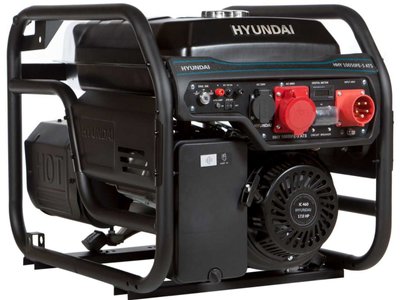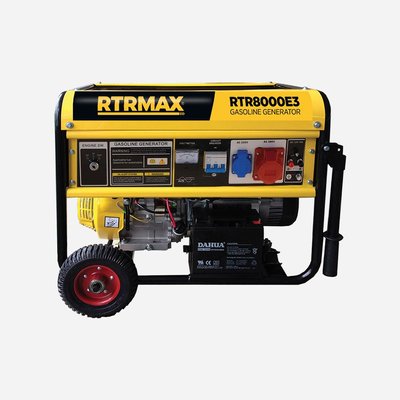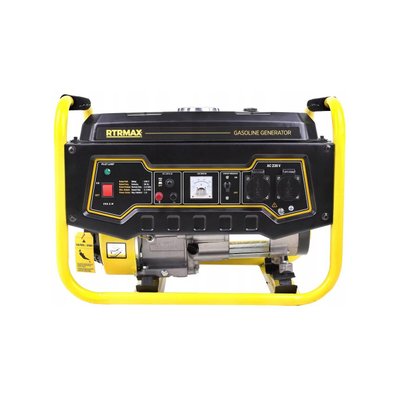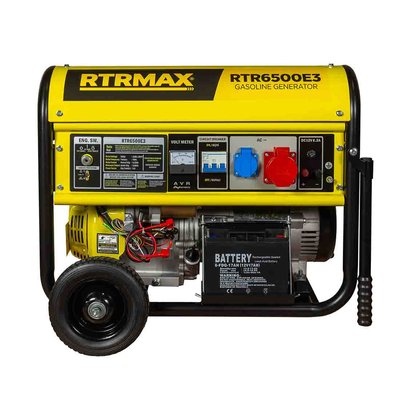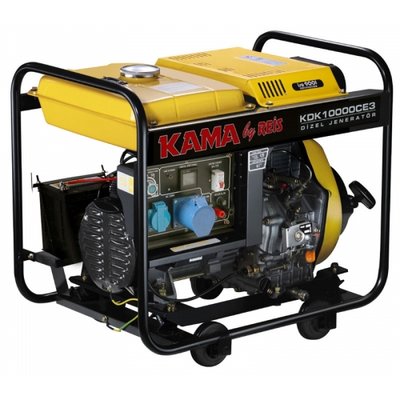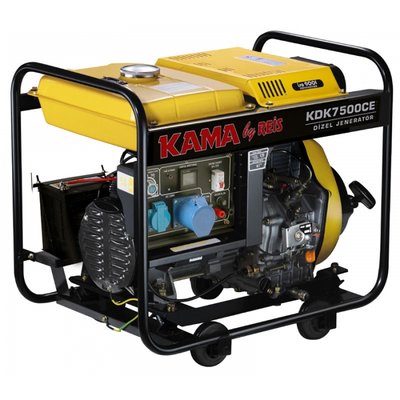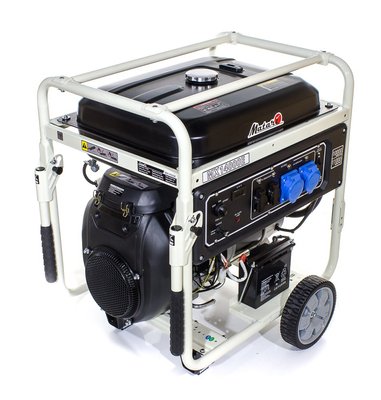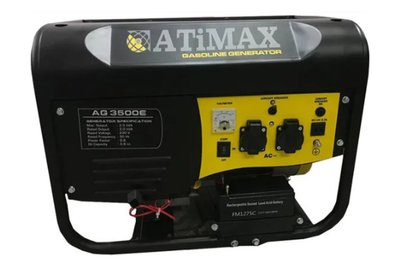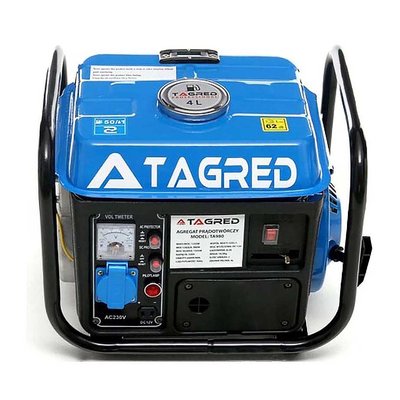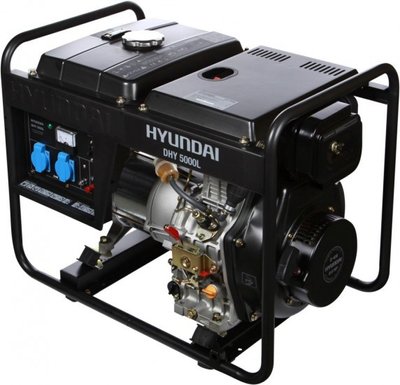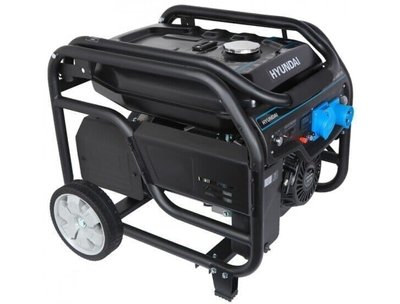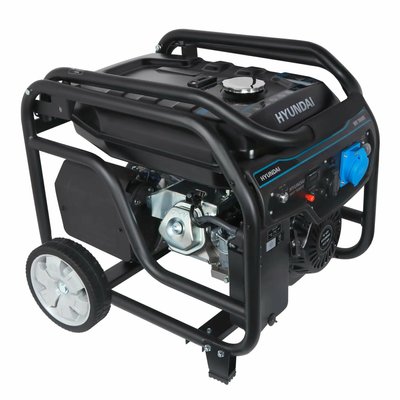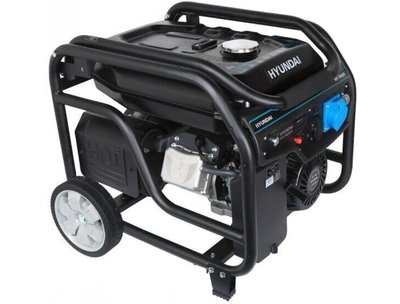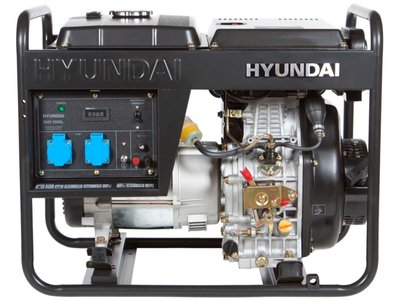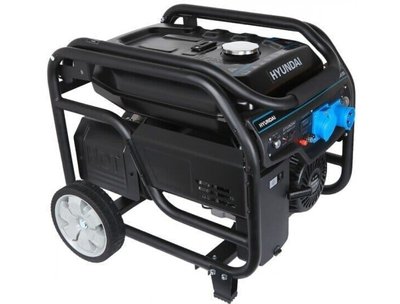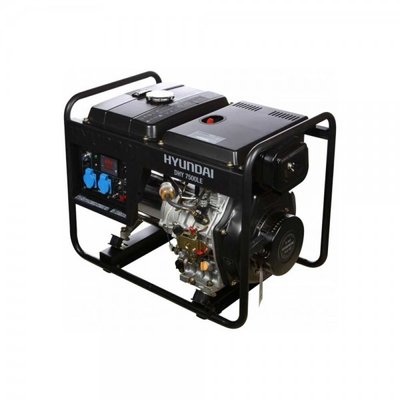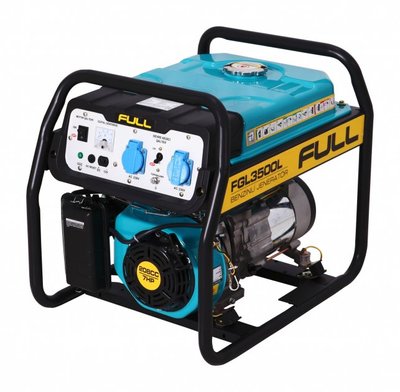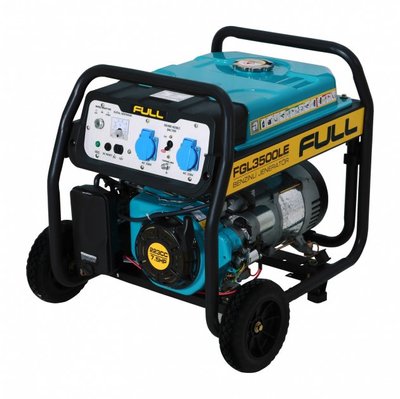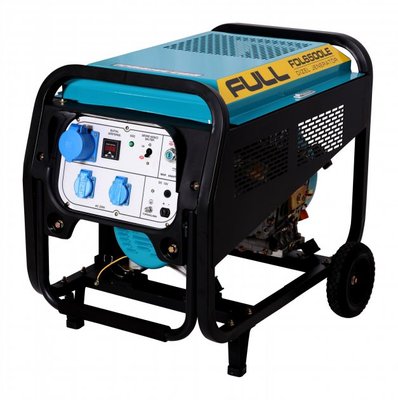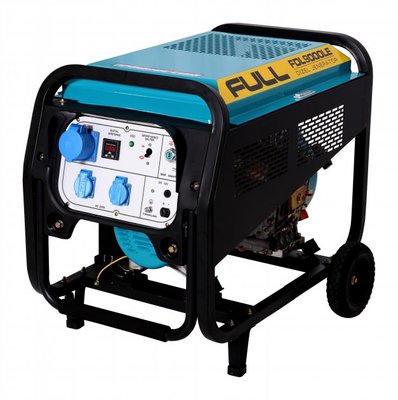|
Quantity
|
Out of stock
|
||
|
|
|||
Synchronous generator
Emergency power outages create a lot of inconvenience. Due to the lack of power supply, it is impossible to simply charge your phone and access the Internet. Buying an autonomous power plant will solve the electrical problem. But which generator should you choose if large voltage drops are unacceptable, but you need to power powerful equipment? A synchronous generator is suitable for these purposes.
How do synchronous generators work and where are they most effectively used?
A generator is a device that converts fuel energy into electricity. The transformation occurs using an alternator. The online store presents power plants with two types of alternators: synchronous and asynchronous.
A synchronous generator in its operating principle has a direct relationship between the stator winding and the rotor speed. Rotation of the rotor begins under the influence of mechanical energy at a synchronous speed. The winding (there is one on both the stator and the rotor) receives current through carbon brushes, which are in direct contact with the stator. Due to the presence of brushes, such a device is also called a brush device.
The main distinguishing element in the design of the brush unit is the brushes. The stability of the current depends on their quality.
The synchronous generator produces a large amount of current 220/380 V. The unit is used for both domestic and professional use:
-
in a private house with expensive equipment for which current surges are contraindicated (laptop, computer, TV, refrigerator);
-
in offices, private and public enterprises for powering specialized equipment (medical, acoustic, office).
A device with a brush alternator is used wherever the presence of an even voltage is a priority.
What advantages and features of synchronous generators should be considered when choosing?
The presence of brushes increases the performance of the device. A synchronous generator has the following advantages.
-
Stable current without sudden changes. Thanks to the brush alternator, the output produces electricity without sudden surges. The maximum deviation is up to 5%.
-
The presence of an automatic voltage regulator, which is important for working with sensitive equipment. This model is compatible with the AVR system (eliminates current surges).
-
Ability to withstand high loads and short voltage fluctuations.
-
There are single- and three-phase models (for powering powerful equipment).
You need to pay attention to 4 factors when choosing a synchronous generator: price, manufacturer, power (must cover all needs), tank volume. The last point is important from the point of view of the transportability of the device. The larger the tank, the larger the station, but it will also be able to work longer without refueling.
You need to pay attention to the winding material. The most commonly used materials are aluminum and copper. Both materials are capable of conducting current, but copper is the best option because it has high electrical conductivity and wear resistance. Copper winding is preferable if an autonomous power plant is planned to be used as the main source of energy. A device with aluminum winding is best used for short-term operation.
During operation of the brush alternator, its temperature increases due to friction of the brushes against the rotor. When choosing a device, it is better to give preference to models with a high-quality cooling mechanism to maintain engine performance.
The brush station is suitable for both home use and industrial facilities and businesses. You can buy a synchronous generator in the online store in one click with delivery throughout Ukraine. Diesel and gasoline models are presented, open and with a protective casing (to protect against moisture and dirt).
Technical characteristics of synchronous generators: what is important to know?
A synchronous generator, which has a winding on its stator and rotor , is used to generate electricity and power household and industrial consumers. Such a device is also called a brush device, because. It has carbon brushes in its design.
When choosing an autonomous station, pay attention to its technical characteristics.
-
Voltage: nominal and maximum. Different models are designed for different loads. Calculate the total amount of energy that you need to power all consumers (with an increase of about 30%). By the way, you should not focus on the maximum voltage. In order for an electric generator to last longer, it should not work for wear.
-
Dimensions and weight. If you need a stationary, powerful installation that is large in size, decide in advance where you will place it. It is also necessary to take into account the dimensions when making a stand for a synchronous generator - it must withstand the weight of the electrical installation. With portable models the situation is simpler. They can be transported in the trunk of a car.
-
Number of phases. Single-phase (220 V) and three-phase (380 V) models are available on the market. There are also devices with the ability to switch phases. Single-phase are suitable for most household consumers. Three-phase - for powering powerful household and professional equipment. Before purchasing a station, be sure to find out the phase pattern of the consumers for whom electricity will be generated. For three-phase devices you need the same electric generator.
-
Type of fuel. Diesel and gasoline models are in demand among buyers. Diesel engines are more powerful and durable than gasoline engines. But gasoline engines make less noise and are more compact. Gasoline can operate at sub-zero temperatures, but diesel is cheaper. The choice, as always, is up to the buyer.
The scope of application of this device is extensive. The synchronous generator is suitable for a private home, country house, cottage, state and private enterprise, powering computer and professional equipment, and power tools.
Comparison of synchronous generators with other types of generators: advantages and disadvantages
When choosing an autonomous electrical installation, the buyer encounters devices with two types of alternators: synchronous and asynchronous. To make the right choice, you need to know the scope and features of a synchronous (brush) and asynchronous (brushless) generator.
|
Brush alternator |
Brushless alternator |
|
|
It cannot be said that one station is better than another. It's just that their scope of application is different. If you need a unit for equipment sensitive to voltage surges, then buying a synchronous generator at a good price is the best solution.
As for the disadvantages, the brush model is not designed to work in rooms with heavily polluted air. The mechanism also needs to be cleaned regularly and the brushes replaced as necessary.
A synchronous generator, the price of which depends on the manufacturer and model, can be purchased in the Etsenergy online store. The range includes products from the brands Gucbir, Alimar, Hyndai, RTRMAX, KAMA and others. Order your brush power station today. We will deliver your order to Kyiv, Odessa, Kharkov, Vinnitsa, Poltava and any other city in Ukraine.































